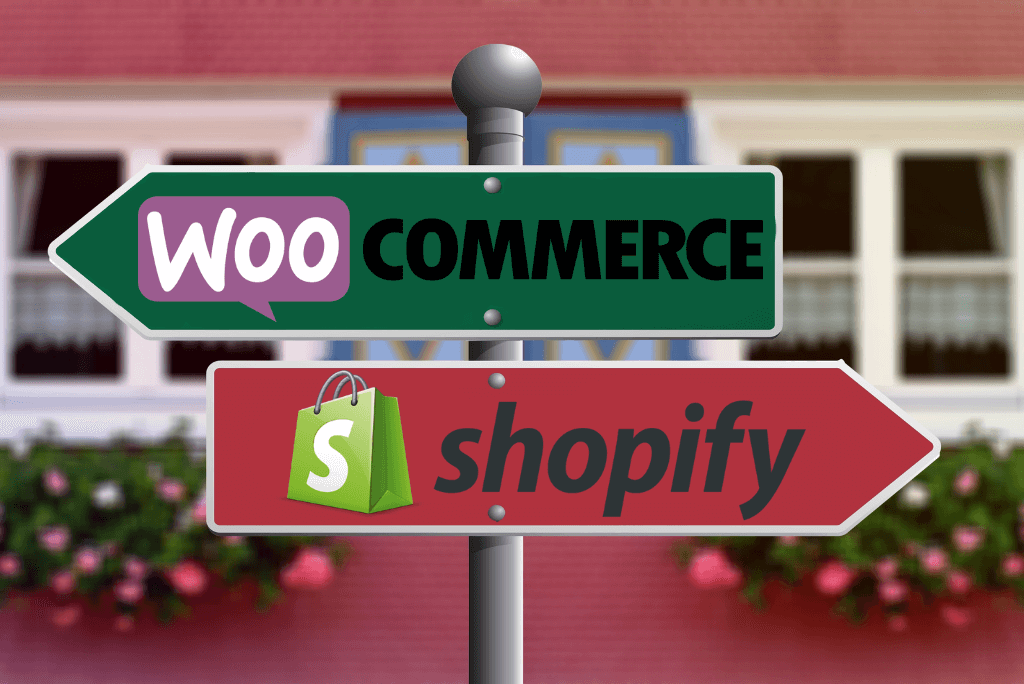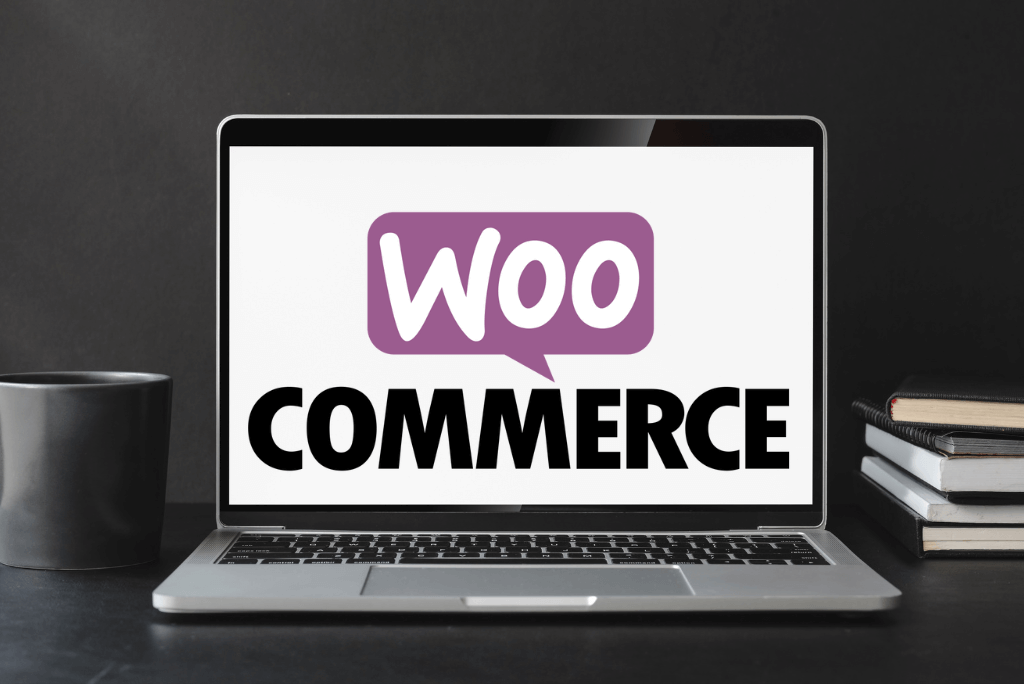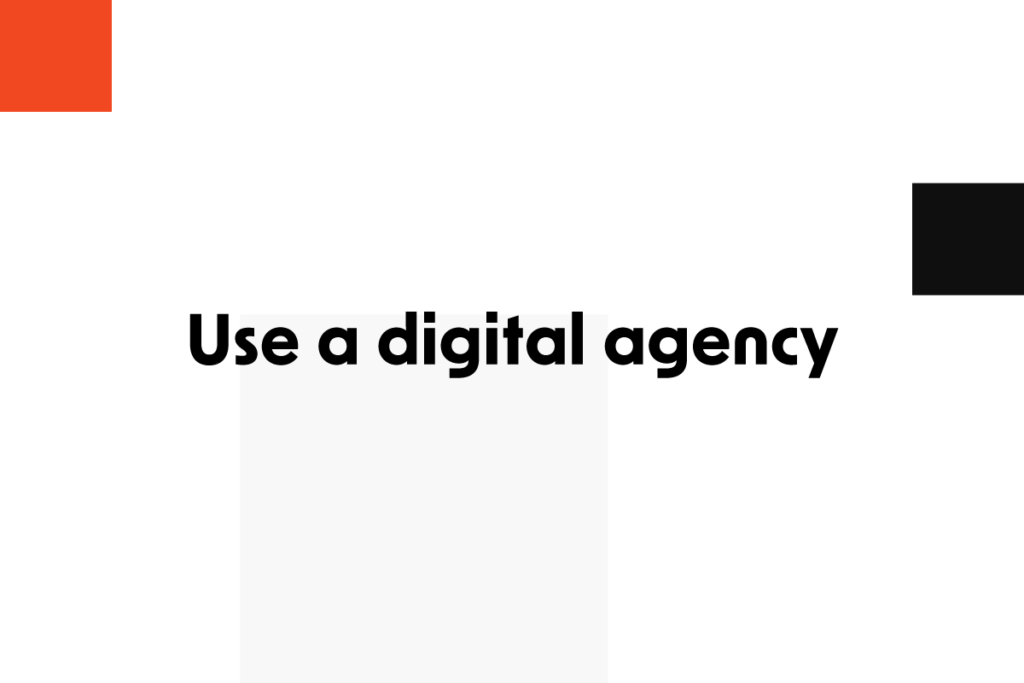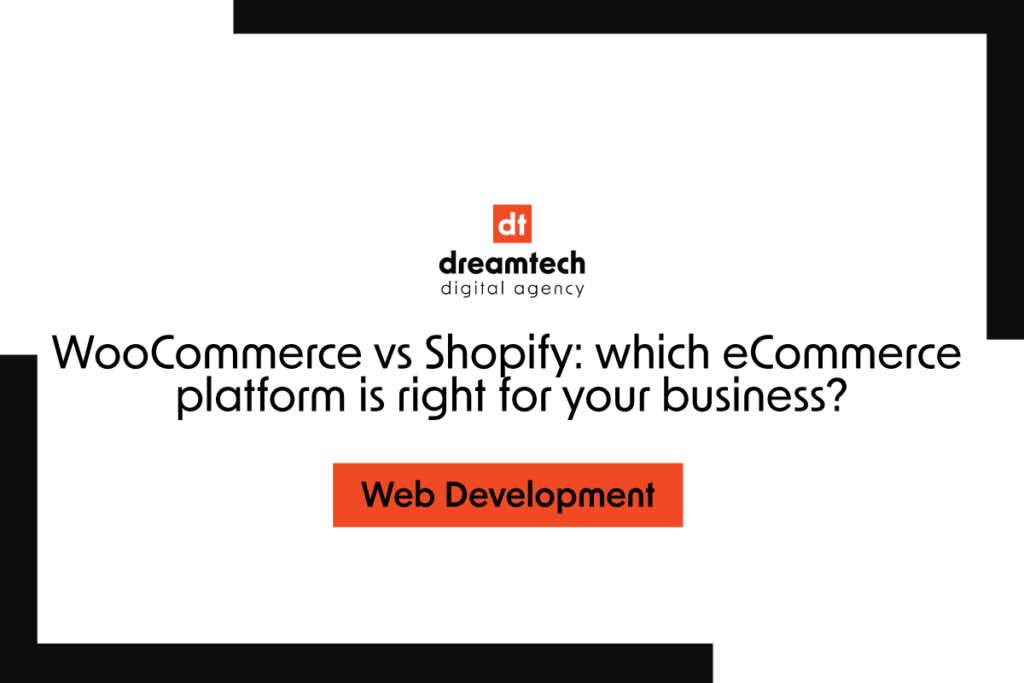As a small business owner or entrepreneur, the task of setting up an online store or eCommerce website can be overwhelming. There are numerous eCommerce platforms available, each with its own set of features, pricing plans, and ease of use. Two of the most popular eCommerce platforms are WooCommerce and Shopify.
In this blog post, we will compare and contrast the features, pricing, and ease of use of WooCommerce and Shopify to help you choose the best eCommerce platform for your business. We will also discuss the benefits of using a digital agency for eCommerce platform development and provide recommendations for different types of businesses based on their specific needs and requirements.

Overview of WooCommerce and Shopify
WooCommerce is a free, open-source eCommerce plugin for the WordPress content management system (CMS). Shopify is a proprietary eCommerce platform that allows users to set up and run their online stores.
WooCommerce
WooCommerce is a free, open-source eCommerce plugin for the WordPress content management system (CMS). It is the most popular eCommerce platform, with over 5 million active installations.
It allows users to add eCommerce functionality to their existing WordPress website. With WooCommerce, users can sell physical and digital products, manage inventory, process payments, and handle shipping and tax options.
It also offers a wide range of customization options, including the ability to add custom fields, create custom product types, and customize the checkout process.

Shopify
Shopify is a proprietary eCommerce platform that allows users to set up and run online stores. It is a fully hosted platform, meaning users don’t have to worry about hosting or maintaining their servers.
Shopify offers a wide range of features, including the ability to sell physical and digital products, manage inventory, process payments, and handle shipping and tax options. It also offers a variety of customization options, including the ability to add custom fields, create custom product types, and customize the checkout process.
Additionally, Shopify offers a wide range of apps and plugins that can add functionality to your store.

Comparison of Pricing Plans and Fees
One of the main differences between WooCommerce and Shopify is their pricing structure.
WooCommerce is a free, open-source platform, but users must pay for hosting, a domain name, and any additional plugins or themes they wish to use. Hosting can range from $5 to $30 per month, and domain names typically cost around $10 to $15 per year.
Additionally, users may have to pay for additional plugins or themes to add functionality to their online store. These costs can add up, but for those who have experience in website development and maintenance, it is a cost-effective option.
Shopify offers a variety of pricing plans, starting at $29 per month and going up to $299 per month. The Shopify basic plan includes features such as an online store, unlimited products, 24/7 support, and fraud analysis. The higher-priced plans offer additional features such as gift cards, professional reports, and abandoned cart recovery.
Shopify also charges transaction fees, depending on the pricing plan you choose. If you use an external payment gateway such as PayPal, you’ll be charged a 2% transaction fee. With Shopify Payment, the transaction fee is 0.5%.
Both platforms provide a 14-day free trial period, allowing you to test the platform before committing to a paid plan. It can help you understand the costs involved and make a more informed decision.
It’s worth noting that Shopify has a more comprehensive pricing plan that includes hosting and domain name costs but comes with a monthly fee. On the other hand, WooCommerce is free to use, but you have to pay for hosting and a domain name.
In the long run, Shopify can end up being more expensive than WooCommerce, especially for small businesses with limited resources. However, for those who do not want to worry about the technical aspects of hosting and maintenance, Shopify may be a better option.
In summary, WooCommerce is a free, open-source platform, but users must pay for hosting, a domain name, and any additional plugins or themes they wish to use. Shopify offers a variety of pricing plans, starting at $29 per month and going up to $299 per month, and also charges transaction fees.
The cost of both platforms can vary depending on the needs and requirements of your business. It’s crucial to consider these costs and compare them to your budget before making a decision.

Analysis of Ease of Use, Scalability, and Customization Options
Ease of use, scalability and customization options are important factors to consider when choosing an eCommerce platform. Both WooCommerce and Shopify offer a range of features and options, but they differ in terms of ease of use and customization options.
WooCommerce is a platform that offers a lot of flexibility and scalability, but it can be difficult for beginners to set up and customize. Setting up a WooCommerce store requires a certain level of technical knowledge, as users must install and configure the plugin, set up hosting and a domain name, and customize the design and features of their store.
However, once it’s set up, it offers a lot of flexibility and scalability and allows users to add custom fields, create custom product types, and customize the checkout process.
Shopify is known for its ease of use and user-friendly interface. It is a fully hosted platform, which means that users don’t have to worry about hosting or maintaining their servers. Setting up a Shopify store is relatively simple, and the platform offers a variety of customization options, including the ability to add custom fields, create custom product types, and customize the checkout process. However, these customization options are not as extensive as those offered by WooCommerce.
In terms of scalability, both platforms offer a lot of options, but WooCommerce has an edge over Shopify.
WooCommerce is built on the WordPress platform, which is highly scalable and can be easily integrated with other tools and plugins. Shopify, on the other hand, while it offers a lot of features, is a proprietary platform and has limitations when it comes to scalability.
In summary, both WooCommerce and Shopify offer a range of features and options, but they differ in terms of ease of use and customization options. Shopify is known for its ease of use and user-friendly interface, while WooCommerce offers more flexibility and scalability but can be more difficult for beginners to set up and customize.
When it comes to scalability, WooCommerce has an edge over Shopify, as it is built on the highly scalable WordPress platform. It’s crucial to consider your technical expertise and the scalability needs of your business when making a decision.

Discussion of Inventory Management, Payment Gateway Integration, and Customer Service Options
Inventory management, payment gateway integration, and customer service options are essential features for any eCommerce platform. WooCommerce and Shopify offer a range of options in these areas, but the specific options and features vary between the two platforms.
WooCommerce delivers inventory management features such as stock management, low stock alerts, and automatic stock updates. It also offers a variety of payment gateway integration options, including PayPal, Stripe, and Square.
Additionally, WooCommerce offers customer service options such as order tracking and customer management.
Shopify also delivers inventory management features such as stock management, low stock alerts, and automatic stock updates. It also offers a range of payment gateway integration options, including PayPal, Stripe, and Square.
Additionally, Shopify offers customer service options such as order tracking and customer management.
In summary, both WooCommerce and Shopify offer a range of inventory management, payment gateway integration, and customer service options. However, the specific options and features vary between the two platforms.
It’s crucial to evaluate your specific needs and requirements in these areas and compare them to the options offered by each platform before making a decision.

Explanation of the Benefits of Using a Digital Agency for eCommerce Platform Development:
Using a digital agency for eCommerce platform development can help streamline the process and ensure that your online store is set up and optimized for success. They can help with everything from selecting the right platform to customizing the design and features of your store.
Digital agencies have a team of experts with the technical knowledge and experience to develop an eCommerce website that meets your specific business needs and requirements. Additionally, they can help with search engine optimization (SEO) and online marketing, which can help drive traffic and increase sales.
A digital agency can also help you with ongoing maintenance and updates. They can help you keep your website up-to-date, troubleshoot any issues, and make sure that your website is secure.
Additionally, they can help you with ongoing online marketing efforts, such as search engine optimization, email marketing, and social media advertising.
In summary, using a digital agency for eCommerce platform development can help streamline the process, ensure that your online store is set up and optimized for success, and provide ongoing maintenance and support.

In conclusion, choosing the right eCommerce platform for your business can be a daunting task, but with enough information and guidance, it doesn’t have to be. By understanding the features, pricing, and ease of use of WooCommerce and Shopify, you can make an informed decision about which platform is right for your business.
Additionally, by using a digital agency for eCommerce platform development, you can ensure that your online store is set up and optimized for success. Remember, it’s all about finding the right eCommerce solution that fits your business’s needs and requirements.
If you’re still unsure about which platform is right for your business or you need help with eCommerce platform development, we invite you to book a call with one of our specialists.
They can help you navigate the process and answer any questions you may have. Book your call today and take the first step towards a successful online store.
If you want to schedule your free consultation, you can do it here.













